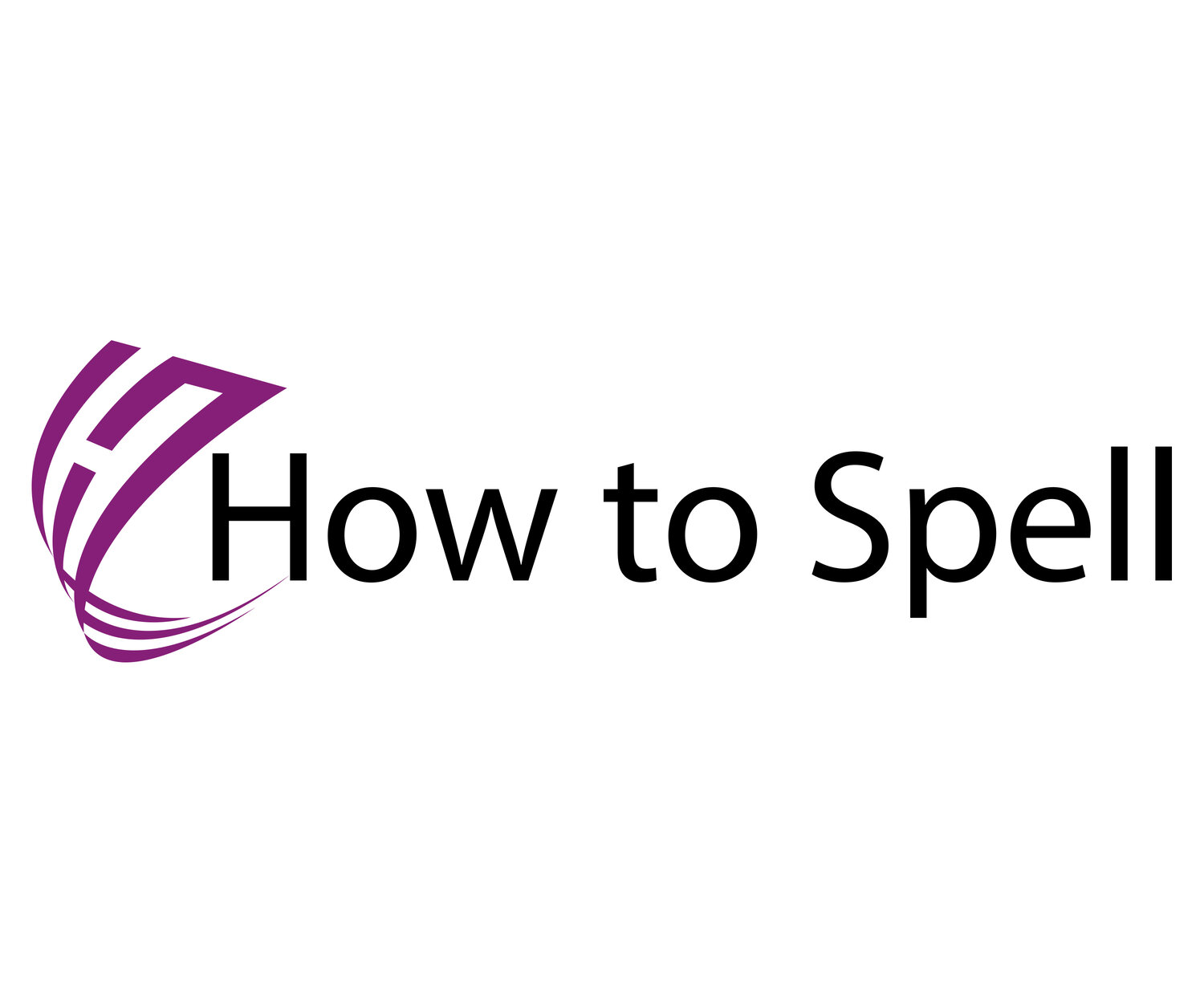-y to -ies or -s rule
Changing -y to -ies or -s to make plurals and third person verbs.
Plurals: some donkeys, two factories, some toys, memories
Third person verbs with he/she/it — She enjoys, he cries, it flies
Look at these:
> boy — boys, enjoy — enjoys, journey — journeys
> baby — babies, memory — memories, story — stories
Why do we change words ending in -y to -ies or -s?
a. If the word ends in a vowel (a, e, i, o, u) + y then just add s. Or we'd have too many vowels and a confusing word (key - keies!): boy — boys, journey — journeys, key — keys, tray — trays, donkey — donkeys.
b. If the word ends in a consonant + y then -y changes to -ies: country — countries, baby — babies, body — bodies, memory — memories, sky — skies, variety — varieties, factory — factories
Note that you don't use spelling rules with proper names. Just make sure you use a capital letter (or you'll have all sorts of problems with passports and online searches!):
The Jollys have gone on holiday (Not ‘The Jollies have gone.’)
The Parrys are moving house.
Exercise
1. Change the 'y' to 'ies' or 's' type in the answer.
2. Press Answer button.
3. Check your spelling letter by letter.
How did you do with the exercise? Try the quiz below. Or, for more plural spelling rules click here.
Remember, when we usually have a consonant + y (-ly, -ty, -ry) then change the -y to -ies (-lies, -ties, -ries).
When we usually have a vowel + -y (-ay, -ey, -oy, -iy, -uy) then just add -s (-oys, -eys, -uys).
How did you do with the quiz? Keep going over the lesson and exercises so you get the rule in your long-term memory. Doing something once isn’t going to help you remember things.
Keep revising, reviewing and repeating to remember.
For more plural spelling rules click here
